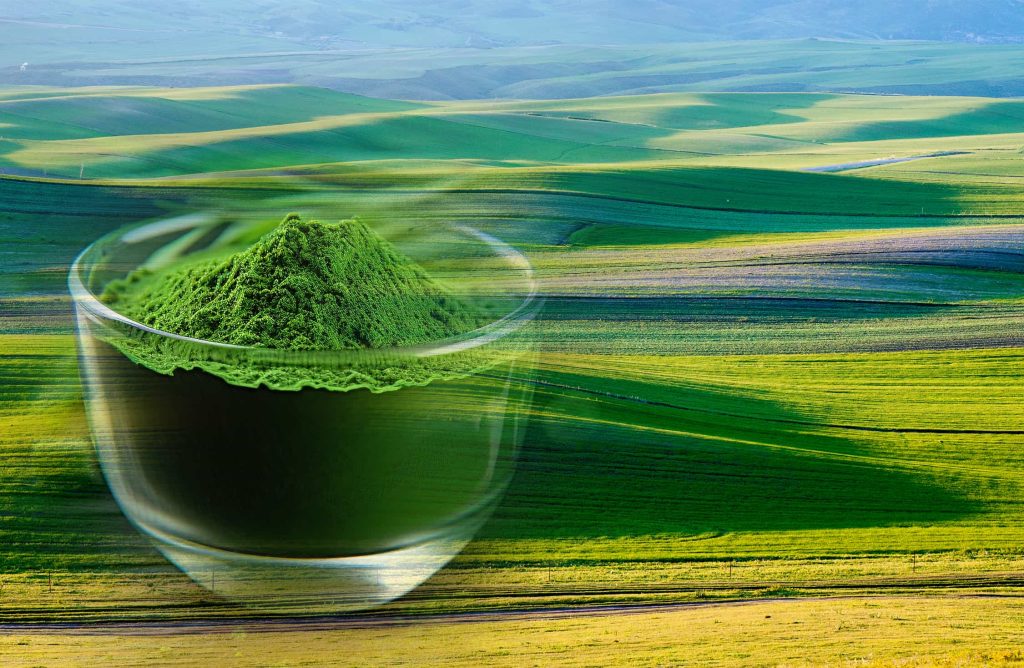Spirulina, an ancient cyanobacteria that was born 3.5 billion years ago, was once the main producer of oxygen in the early days of the earth,
but now with its “micro-nutrient bank” characteristics, it has become globally recognized as “the best health care product for mankind in the 21st century.”
The Food and Agriculture Organization of the United Nations hailed it as “the best food resource in the future”, and the World Health Organization called it “the most ideal superfood.”
Nutritional value: the perfect blend of animal and plant extracts
The protein content of spirulina is as high as 60%-70%, which is 2 times that of soybeans and 3.5 times that of beef, and it contains 8 essential amino acids,
the proportion is close to the standards of the Food and Agriculture Organization of the United Nations.
Its fat content is only 5%-6%, but 70% is unsaturated fatty acids,
especially gamma-linolenic acid (GLA), which is 500 times that of breast milk, which can effectively lower cholesterol and regulate blood lipids.In addition,
spirulina is rich in β-carotene (15 times that of carrots), vitamin B12 (3.5 times that of animal liver),
iron (20 times that of spinach), zinc, selenium and other trace elements, which can be called a “full nutritional supplement”.
Health effects: protection from cells to the whole body
Enhance immunity: The algae polysaccharides and phycocyanin in spirulina can activate immune cells,
promote bone marrow hematopoietic function, and enhance the body’s disease resistance.
Antioxidant and anti-aging: It contains phycocyanin, SOD enzyme and other ingredients,
which can scavenge free radicals, delay cell aging, and reduce inflammation.
Regulate metabolism: Spirulina polysaccharides and chromium can promote insulin secretion and assist in lowering blood sugar;
gamma-linolenic acid can reduce blood viscosity and prevent cardiovascular disease.
Improve anemia: The combination of iron and vitamin B12 can effectively
promote hemoglobin synthesis and relieve iron deficiency anemia.
Applicable population and consumption recommendations Spirulina is suitable for people with low immunity,
diabetes, iron deficiency anemia and hyperlipidemia.However,
patients with gout (due to purine content) and patients with
hyperthyroidism (due to iodine content) need to be used with caution.
The recommended daily intake does not exceed 10 grams, which can be used with yogurt, juice or directly made into tablets.
